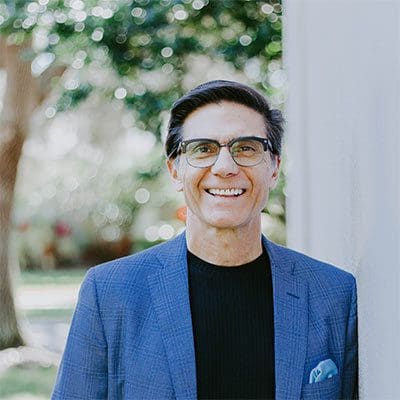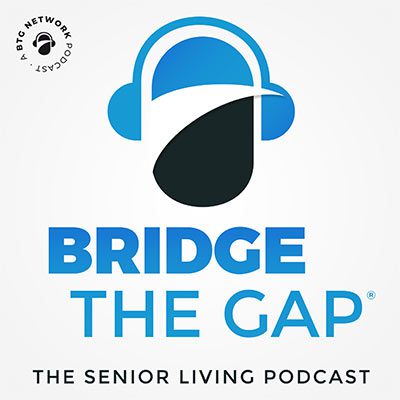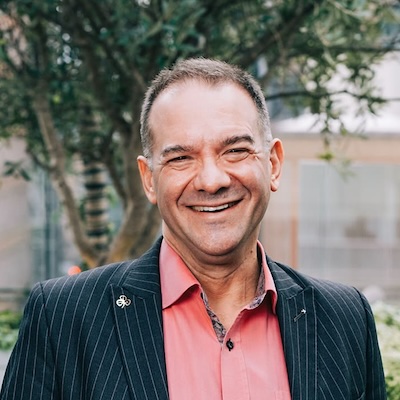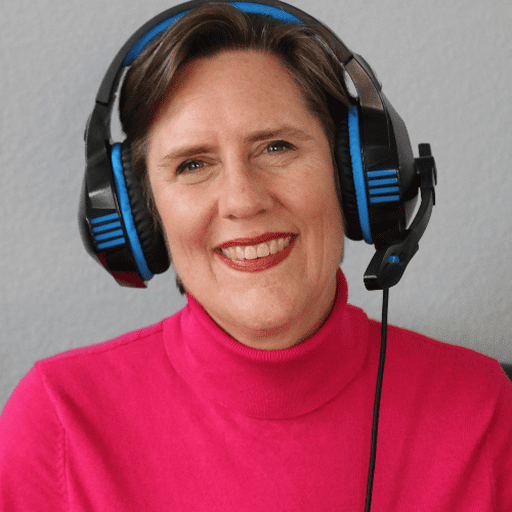The Power of Lifelong Learning: Unlocking Continuous Professional Development
Imagine living in a world that never stands still – where new technologies emerge overnight, career landscapes shift like sand, and the skills that were in demand yesterday may not be enough tomorrow. This is the world we live in, and it’s why the concept of continuous learning has never been more crucial.
Gone are the days when one degree or diploma would pave the way for your entire career. Now, it’s all about adapting, growing, and learning continuously. Lifelong learning is no longer just a nice idea; it’s the fuel that drives your career engine in a world that’s always on the move.
Whether you’re just starting out in your career or you’re a seasoned professional, embracing the journey of ongoing Education is key. So, let’s dive into this journey of lifelong learning together. It’s an adventure that’s not just about accumulating knowledge or ticking off skills.
Embracing Change
Gone are the days when one could master a skill and ride that knowledge through an entire career. To thrive, one must not only adapt to change but also embrace it. Lifelong learning and committing to key professional development topics is the vehicle that takes us on this journey of adaptation.
Breaking the Mold
Traditional education molds us into professionals with specific skills, but it often falls short in preparing us for the unpredictable twists and turns of the real world. Lifelong learning breaks this mold, encouraging us to go beyond the boundaries of our initial education and explore new horizons. It’s about willingly stepping outside our comfort zones and acquiring skills that complement and enhance our existing knowledge.
The Shifting Professional Landscape
The job market is a fluid entity, with new roles emerging and old ones evolving. What was in demand yesterday might be obsolete tomorrow. Lifelong learning allows professionals to stay ahead of the curve, ensuring that they not only survive but thrive in this dynamic landscape. It’s about being proactive rather than reactive, anticipating changes and preparing for them.
Unlocking Creativity
Learning isn’t just about acquiring facts; it’s about fostering creativity. Lifelong learners are perpetual students of curiosity, always asking “why” and “what if.” This mindset fosters Innovation and creativity, two essential elements in today’s professional world. It’s not just about learning what’s already known but exploring the unknown and creating something new.
Building a Diverse Skill Set
Remember when you could pick one skill and stick with it until you hung up your hat? Those days are over. In today’s fast-paced world, versatility is your superpower. Lifelong learning pushes you to expand your skill set, making you a Swiss Army knife in the professional world.
Here’s why diverse skills are so vital:
Adaptability: Diverse skills enable individuals to adapt quickly to changing circumstances and navigate through various professional challenges.
Versatility: Professionals with diverse skills can take on a range of tasks and responsibilities, making them valuable assets in dynamic work environments.
Innovation: Diverse skills foster a creative mindset, allowing individuals to approach problems from different angles and contribute innovative solutions.
Problem-Solving: Different skills provide a toolkit for effective problem-solving, as individuals can draw from various areas of expertise to address complex issues.
Marketability: A diverse skill set makes individuals more marketable in a competitive job market, increasing their appeal to a broader range of employers.
Nurturing a Growth Mindset
At the heart of lifelong learning is a growth mindset. This mindset is the belief that abilities and intelligence can be developed through dedication and hard work. It’s about viewing challenges not as insurmountable obstacles but as opportunities to learn and grow. Lifelong learners understand that failure is not the end but a stepping stone on the path to success.
The Role of Informal Learning
While formal education has its place, lifelong learning extends beyond classrooms and textbooks. Informal learning, through experiences, conversations, and self-directed exploration, plays a crucial role. This type of learning is often more immediate and practical, providing hands-on experience that formal education alone cannot replicate.
Cultivating a Learning Culture
For organizations, fostering a culture of continuous learning is vital. This involves creating an environment where employees feel encouraged and supported in their pursuit of knowledge.
Making Lifelong Learning Accessible
In an ideal world, continuous learning wouldn’t be a luxury; it would be a right that everyone can access. It’s not just up to one group – governments, companies, and educational bodies all have a part to play in opening up lifelong learning for all.
Conclusion – The True Power of Lifelong Learning
Let’s face it, the world’s moving fast, and the only thing we can really count on is change. That’s where lifelong learning comes in – it’s like your secret weapon for staying ahead in your career. In today’s world, sticking to the same old routine just doesn’t cut it anymore. If you want to keep up and stand out, you’ve got to jump on the lifelong learning train.
Originally Published on https://www.breakfastleadership.com/

























